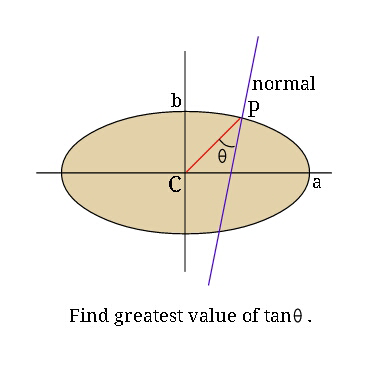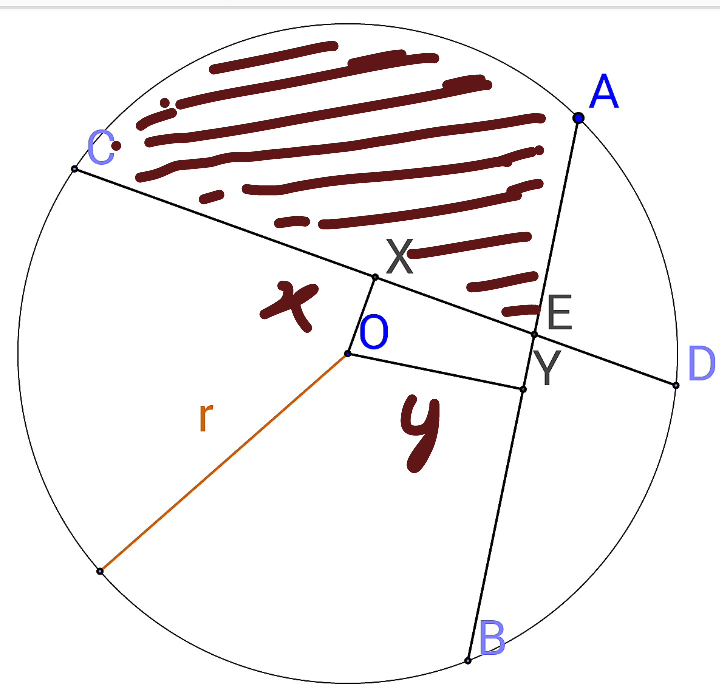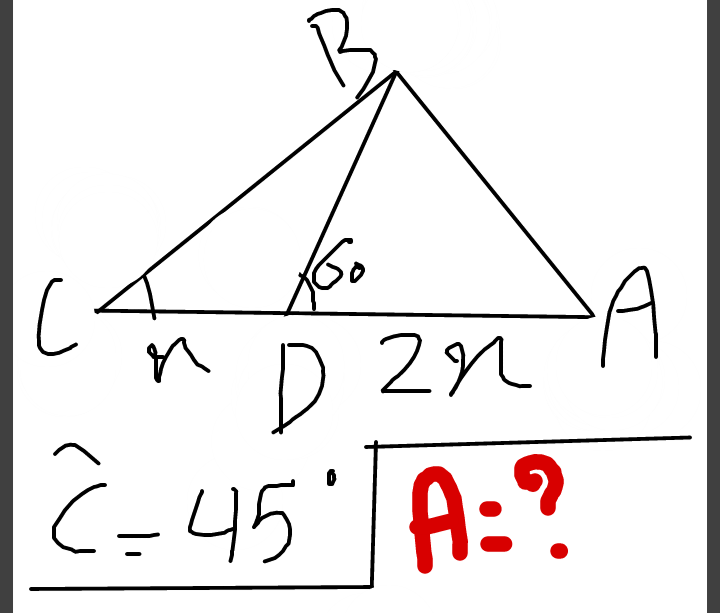
GeometryQuestion and Answers: Page 105
Question Number 28852 Answers: 0 Comments: 0
Question Number 28643 Answers: 0 Comments: 0

Question Number 28597 Answers: 1 Comments: 1

Question Number 28518 Answers: 1 Comments: 2

Question Number 28516 Answers: 2 Comments: 1

Question Number 28464 Answers: 1 Comments: 0

Question Number 28240 Answers: 1 Comments: 0

Question Number 27959 Answers: 0 Comments: 6

Question Number 27942 Answers: 1 Comments: 1

Question Number 27627 Answers: 1 Comments: 1

Question Number 27422 Answers: 0 Comments: 2
Question Number 27055 Answers: 1 Comments: 1

Question Number 26858 Answers: 2 Comments: 0
Question Number 26824 Answers: 3 Comments: 0

Question Number 26776 Answers: 0 Comments: 2

Question Number 26772 Answers: 1 Comments: 0
Question Number 26723 Answers: 0 Comments: 2
Question Number 26711 Answers: 0 Comments: 1
Question Number 26652 Answers: 0 Comments: 2

Question Number 26644 Answers: 1 Comments: 0

Question Number 26389 Answers: 0 Comments: 1

Question Number 25963 Answers: 0 Comments: 0
Question Number 25930 Answers: 2 Comments: 0
Question Number 25609 Answers: 0 Comments: 4

Question Number 25605 Answers: 1 Comments: 4

Question Number 25602 Answers: 1 Comments: 1

Pg 100 Pg 101 Pg 102 Pg 103 Pg 104 Pg 105 Pg 106 Pg 107 Pg 108 Pg 109
